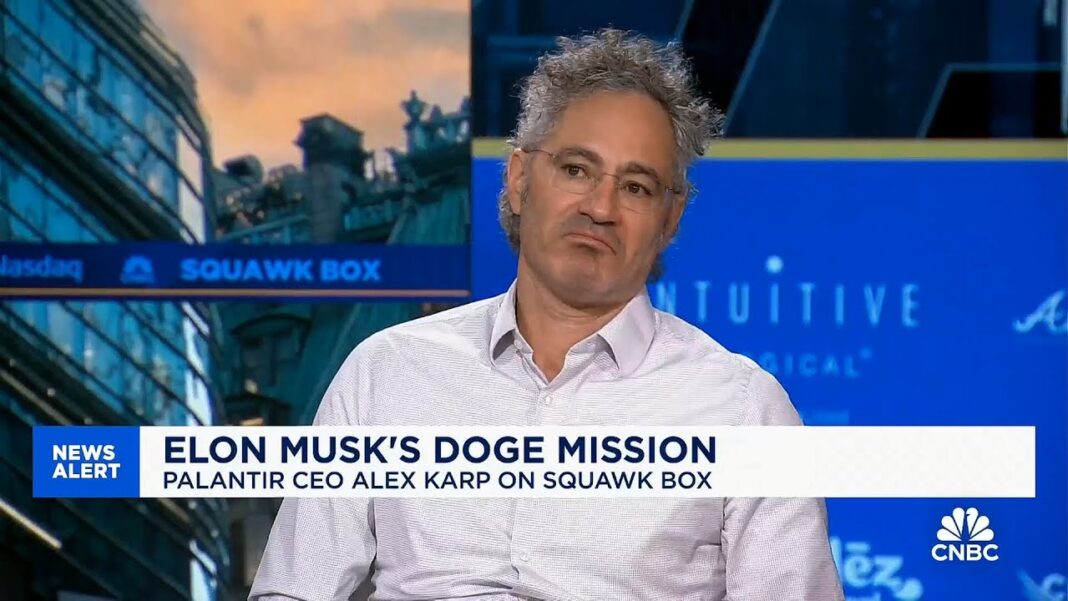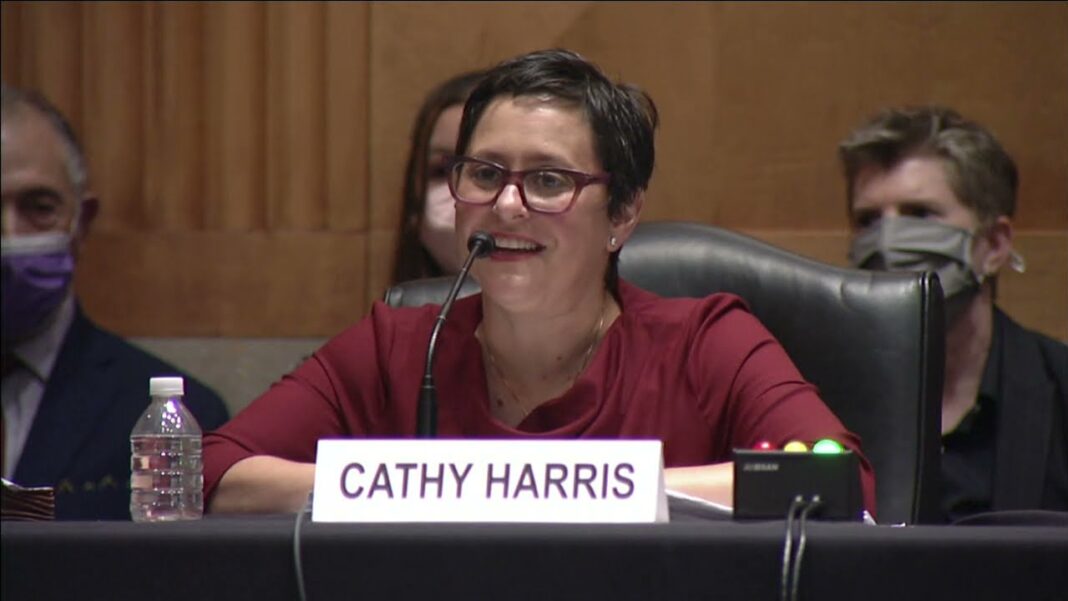Cursing, joking, heated debates, and flirtatious bantering populate daily by the thousands in the comments of everything from news platforms to movie sites to cooking blogs, not to mention social media. We Americans prioritize the art of communication online, becoming overly focused onscreen. Otherwise—phones down, tablets turned off—we stammer and gulp. We don’t know how to be funny or witty without longs strings of emojis. We don’t have anything interesting enough to say in person (we do better with Pinterest). Thus we find ourselves in a dilemma, because we don’t know how to communicate in person.
Here’s where I tie in one of my favorite films. You’ve Got Mail (1998) teaches its viewers an important lesson on real vs. virtual communication. In the film, Joe Fox (Tom Hanks) and Kathleen Kelly (Meg Ryan) are anonymous e-mail correspondents who’ve formed an online companionship. When they meet in person, however, each unaware of who the other is, they fight like cats and dogs. After a series of mishaps and miscommunications (both in-person and online), they end up falling in love.
All this aside, if you’ve seen the film, you know that these two people have a lot to say to each other (via e-mail) to keep each other glued to their screens. She babbles about butterflies and books . . . he yaks about his golden retriever and coffee. They and the experiences they relate are a part of the real world. But they both sit down in front of their laptops to read each other’s messages, not as a part of the real world, but as pleasant escapism from burnt-out relationships. Both had a lot to say, but Joe and Kathleen’s “relationship” fell flat with words. On the other hand, in person they argued and eventually formed a friendship.
It’s been said that “on the internet, no one knows you’re a dog”. We all feel we can be more compassionate, smart, and interesting over cyberspace. All that’s there is words and implied tone; no voice or body language, which are key essentials to communicating in person. It’s also easy to go to the opposite extreme and be vicious toward someone you might never meet. You can knock someone down to size by one snide remark on social media, melting someone’s followers, while droves come to populate your own profile. This is shameless misuse and abuse of communication.
Online communication presents more problems. First, as in all forms of communication, discussing things deeply is when we really get to know someone. Online, it’s a cinch to evade a reply or even straddle certain questions. Yes, people can “forget” to reply or “not see” a question. We’ve all had it done to us, and we’ve all done it to others. Another catch is that true personalities are easily hidden over the façade of online. So it doesn’t hurt to be reminded that all forms of communication should be honest and sincere. As the old rule directs, “Never write anything you would be ashamed to see in print.” What we say online should reflect our own personality, not be inventing a new one (or, in some cases, multiple personalities).
In You’ve Got Mail, Joe Fox acknowledges, “You’ve got mail are powerful words”. Putting aside the e-mail enthusiasm so prevalent in the 1998 film, this could read “you’ve got a text” or “someone replied to your comment” are powerful words. Why powerful? Because you said something, and someone wanted to say something back to you. Because you are communicating.
Most Americans need to close their laptops and put down their phones. They need to look each other in the eye and actually talk. We need more offscreen communication in order to be genuine and cultivate sincerity. Maybe the more we do so, we’ll find we don’t need those silly emojis to make people laugh, or Pinterest to keep each other’s attention. We’ve built another world that we can only live in when our screen is on, ignoring this real world God has given us to enjoy. Why not try turning off your device, and say something to the person next to you?






